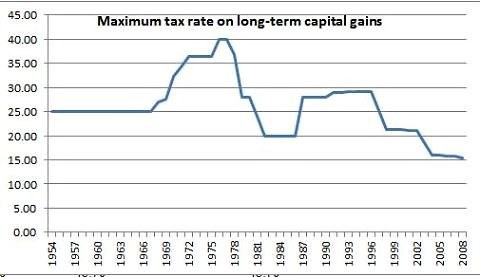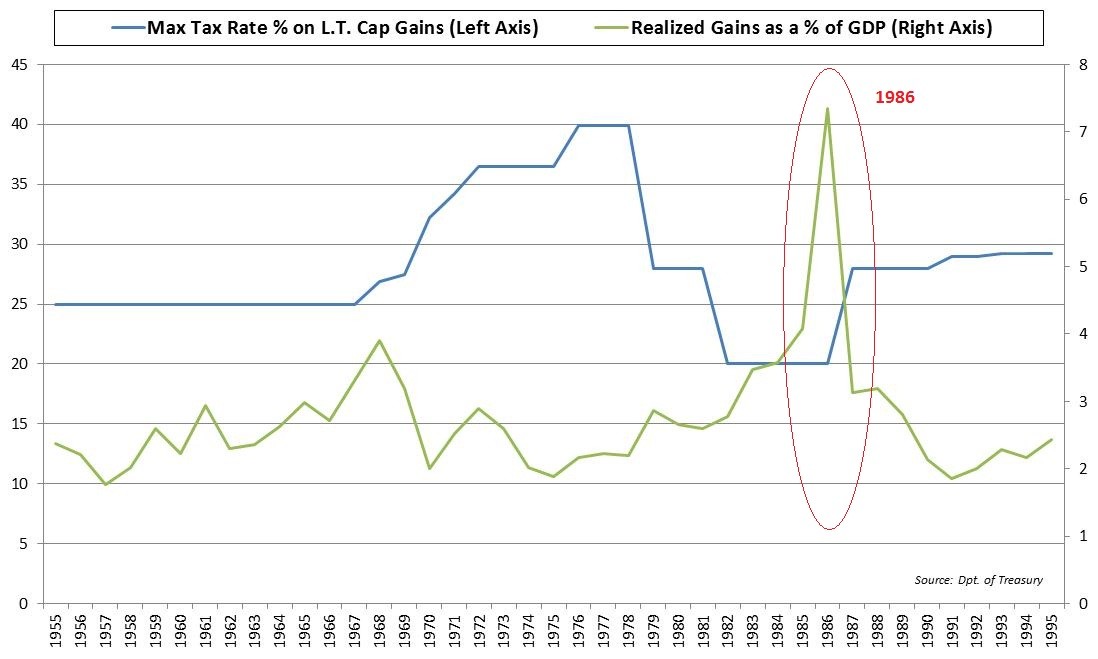Capital Gains Rates For Long Term
Post on: 20 Апрель, 2015 No Comment

Its important for all taxpayers to understand what information must be reported to the IRS for tax purposes. This includes any gain or loss from the sale of capital assets. A capital asset is considered anything owned by an individual for investment or personal purposes.
As a general rule, capital assets include property and investments which are not easily liquidated for cash. Real estate, equipment and other assets which contribute to business operations or personal use are considered capital assets; the sale of which must be reported on income tax returns.
What is a Capital Gain?
Capital assets include almost anything owned for the purpose of investment, pleasure or personal use. When a capital asset is sold, a capital gain or loss occurs. If the amount a capital asset is sold is higher than the original purchase price, the difference is a capital gain, or profit. Conversely, when the amount a capital asset is sold is less than the original purchase price, the difference is considered a loss.
How to Report Capital Gains
Capital gains must be reported on your federal income tax return. Capital gains are subject to tax, the rate of which is determined by the length of time the asset was held. To report capital gains on your income tax return, use Schedule D, Capital Gains and Losses. Transfer information from the Schedule D to Form 1040, Line 13. Capital losses from investment property may be deducted.
Capital Gains Classifications
Capital gains are classified by the amount of time you held the asset. Capital gains from assets held more than one year are classified as long-term. Capital gains from property held one year or less are classified as short-term. Long- and short-term classification of capital gains are important as it impacts rate at which they are taxed.

Short-Term Capital Gains Tax Rates
Federal capital gains tax rates for short-term capital gains are usually the same rate applied to ordinary income reported the same year. This can range anywhere from 10% up to 39.6%.
Long-Term Capital Gains Tax Rates
Federal capital gains tax rates for long-term capital gains are usually lower than tax rates applied to ordinary income reported the same year. The special long-term capital gains rate is determined by the ordinary income tax bracket under which you fall. Tax rates for filers in the 10% or 15% tax brackets (including capital gain income) would be 0%. Income totals including capital gain income in the 25% or higher tax bracket will have gains taxed at 15%.














